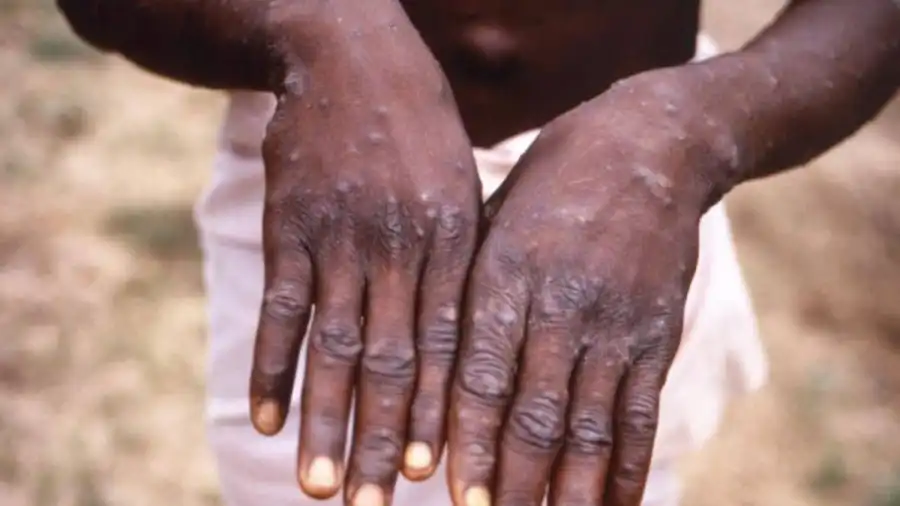Monkey Pox: Aggressive targeting of wildlife, way to prevent outbreaks – Virologist

Monkey Pox: Aggressive targeting of wildlife, way to prevent outbreaks – Virologist
Dr Solomon Chollom, a virologist, has called for a more proactive approach in addressing the rising incidences of zoonotic infections following the recent Mpox outbreak in Nigeria.
Chollom said this in an interview with the News Agency of Nigeria (NAN) on Monday in Abuja, while responding to questions on viral transmission of Mpox in the country.
He said that the current country response was not holistic as it was focusing mainly on human-to-human transmission.
He said that there was the need for a broader strategy that covered the entire elements in the ecosystem of the transmission cycle.
“The response is not holistic and limited to human-to-human transmission.
“The country must adopt a more aggressive approach that targets wildlife clusters, especially in states with high incidences.
“This will help us to determine the transmission foci and close in on them,” he said.
He also highlighted the importance of identifying specific sources of primary infection within the country.
He recommended tracing the movements of affected individuals one or two weeks before they exhibit symptoms.
According to him, through that, health officials can pinpoint locations where they may have been exposed to infected animals, such as game reserves as tourists, or in forests as farmers or hunters
“Containing the virus within the animal ecosystem is crucial.
“By disrupting the transmission cycle at its source, we can shift our focus to preventing the virus from spreading among humans,” he said.
With several Nigerian states reporting increased cases of zoonotic diseases, the virologist sad that an enhanced and aggressive response was a necessary step towards managing and eventually eliminating these viral threats.
He also stressed the importance of public awareness and the collaboration between health authorities and wildlife management teams.
“If we can identify and contain these viruses at their source, particularly within wildlife clusters, we will be better positioned to protect both the human population and our wildlife,” Chollom added.


















![Saamu Alajo - Oriyomi (Episode 203) [Yoruba Comedy Movie]](https://i.wll.pw/storage.waploaded.com/images/5ad2169983a36d3849b5684ae30780e3.jpg?w=50&ulb=true&ssl=1)








{{comment.anon_name ?? comment.full_name}}
{{timeAgo(comment.date_added)}}
{{comment.body}}
{{subComment.anon_name ?? subComment.full_name}}
{{timeAgo(subComment.date_added)}}
{{subComment.body}}